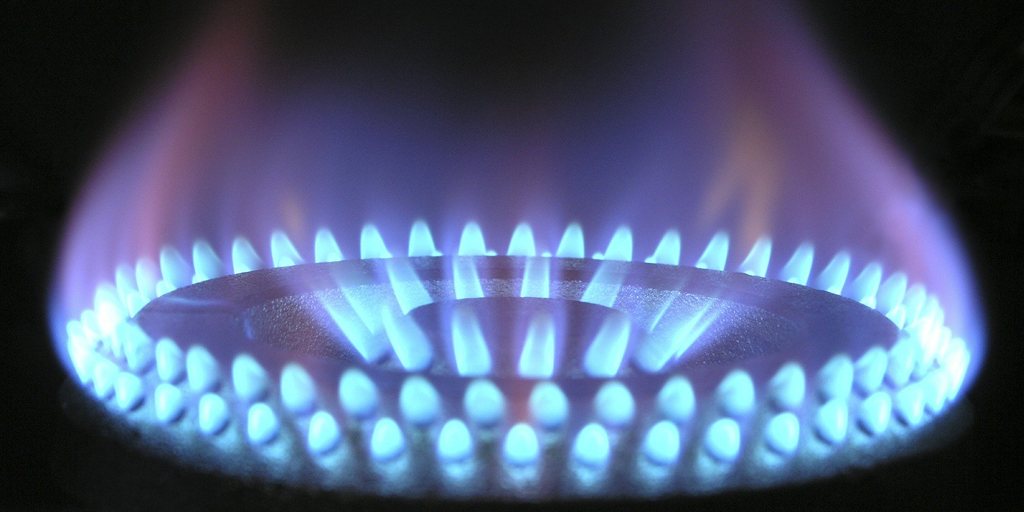
Assessment of the effectiveness of the Fuel Poor Network Extension Scheme
In September 2018 Ofgem engaged Sia Partners to carry out a review of the effectiveness of the Fuel Poor Network Extension Scheme (FPNES) and to develop options for its evolution in the next price control period, RIIO-GD2.
The FPNES requires Gas Distribution Networks to provide customers in fuel poverty with subsidised connections to the gas grid. As the regulator, Ofgem needs to ensure the scheme benefits those in need and that the scheme is delivered efficiently. It was has believed, however, that the scheme wasn’t reaching those in need and, therefore, did not represent value for money to society as a whole.
Assessing effectiveness, in this case, is difficult given the lack of transparency on which customers are affected by fuel poverty, and the extent of benefits and costs of delivering a subsidised connection. Inconsistencies include the targeting and verification of households due to different definition of fuel poverty at devolved and national government levels, differing eligibility criteria for schemes as well as insufficient information on customers collected by GDNs or local organisation.
Given the complexity of fuel poverty and the scheme’s distinct role, Ofgem’s Gas Networks team sought evidence to inform its decision-making on the evolution of the scheme for the upcoming regulatory period and its sector-specific consultation. With the objective of providing the regulator, for the first time, with a robust and evidence-based evaluation on how the scheme could be improved, Sia Partners developed a two-parts approach:
Part 1 – To understand the effectiveness of the FPNES in its current form.
• Assess the effectiveness of the FPNES in addressing the needs of fuel poor customers and the role it plays within the ecosystem of schemes,
• Assess the value-for-money profile of the current FPNES, in terms of its quality, as well as financial cost-benefit at different targeting rates and social benefits,
• Assess the scheme’s alignment with government policies and targets on fuel poverty and decarbonisation.
Part 2 – To develop options and assess their effectiveness.
• Develop ideas for alternative options to improve or replace the scheme,
• Engage stakeholders and report their views on the FPNES and proposed options, and
• Calculate the cost-benefit profiles including societal benefits of options desirable to stakeholders. Sia Partners delivered a comprehensive evaluation that considered, for the first time, the complexities faced in delivering the scheme and the broader social benefits linked to fuel poor households being able to heat their homes. Our analysis and recommendations were presented in a detailed report that was published by Ofgem. Supported by our findings, Ofgem decided to retain the scheme and improve its effectiveness by taking several of Sia Partner’s recommendations on board. Over the scheme’s lifetime, this will deliver cumulative benefits of up to £6,000 to 45,000 households each, compared to 27,000 households currently benefitting. Our analysis demonstrated that if properly implemented, the recommendations provided would results in additional benefits of £275m to 18,500 additional households over the 5-year duration of the next regulatory period.
View the Sia Partners profile in the MCA Members Directory.

